Israel has learned no lessons from Iraq | Israel-Iran conflict
Tel Aviv’s decision to launch a new war against Iran on June 13 is a disaster in the making. No one will benefit, including the Israeli government, and many will suffer. The exchange of fire has already resulted in at least 80 people killed in Iran and 10 in Israel.
It is tragically clear that the lessons of past failed military adventurism in the region have been entirely ignored.
Israeli Prime Minister Benjamin Netanyahu has branded the war as “pre-emptive”, aimed at preventing Tehran from developing its own nuclear weapon. In doing so, he has repeated the strategic blunder of the last two politicians to launch an alleged “pre-emptive” attack in the region, US President George Bush and British Prime Minister Tony Blair.
As Israeli jets and missiles streaked across the Middle East’s skies and carried out their deadly strikes against Iranian military sites and military leaders, they immediately made the world a far more dangerous place. Just like the US-British invasion of Iraq, this unprovoked attack is set to bring more instability to an already volatile region.
Netanyahu claimed that the attacks were meant to devastate Iran’s nuclear capabilities. So far, the Israeli army has hit three nuclear facilities, Natanz, Isfahan and Fordow, causing various levels of damage. However, it is unlikely that these strikes will actually put a stop to the Iranian nuclear programme, and the Israeli prime minister knows it.
The Iranian authorities have intentionally built the Natanz site deep underground so that it is impervious to all but the strongest bunker-busting bombs. Tel Aviv lacks the capability to permanently destroy it because it does not have the Massive Ordnance Penetrator or the Massive Ordnance Air Blast bombs that are produced by the United States.
Washington has long refused to provide these, even under the administration of US President Donald Trump, which has coddled Israeli officials and sought to shield them from sanctions over their war crimes in the Gaza Strip. Trump’s team has recently indicated again that it would not supply these arms to Tel Aviv.
From US official reactions after the attack, it is not entirely clear to what extent Washington was informed. The US State Department initially distanced the US from the initial attacks, labelling them a “unilateral” Israeli operation. Shortly after, Trump claimed that he was fully informed.
The extent of US involvement – and approval – for the attack remains a major question, but it immediately ended any hopes that its intense diplomacy with Tehran over its nuclear programme in recent weeks would result in a new deal, which is a short-term win for Netanyahu.
But further action against Iran appears dependent on bringing the US into the conflict. That is a huge gamble for Tel Aviv given the number of critics of US interventionism among the top ranks of Trump’s advisers. The US president himself has attempted to make reversing US interventionism a key part of his legacy.
Israel’s actions are already harming Trump’s other interests by pushing global oil prices up and complicating his relations with the Gulf states that have much to lose if the conflict disrupts shipping through the Strait of Hormuz.
If Israel looks like it is winning, Trump will undoubtedly claim it as his own victory. But if Netanyahu’s strategy increasingly depends on trying to drag Washington into another Middle Eastern war, he may well lash out against him.
As things stand now, unless Israel decides to breach international norms and use a nuclear weapon, making any further strategic achievements in Iran would indeed depend on the US.
Netanyahu’s second declared goal – overthrowing the Iranian regime – also seems out of reach.
A number of senior military commanders have been killed in targeted attacks, while Tel Aviv has openly called on the Iranian people to rise up against their government. But Israel’s unilateral aggression is likely to bring far more anger towards Tel Aviv among Iranians than it will against their own government, regardless of how undemocratic it may be.
In fact, Iranian regime assertions that a nuclear bomb is a needed deterrent against Israeli aggression now will appear more logical to those who doubted it domestically. And in other regional countries where Tehran’s interests had been retreating, Netanyahu’s actions risk breathing new life into these alliances.
But even if Israel succeeds in destabilising Tehran, it will not bring about regional peace. This is the lesson that should have been learned from the fall of Saddam Hussein in Iraq. The collapse of the Iraqi state in the aftermath led to a major rise in extremism and ultimately to the establishment of ISIL (ISIS) that terrorised so much of the region in the 2010s.
Israel has no chance of instituting a smooth transfer of power to a more pliant regime in Tehran. Occupying Iran to try to do so is out of the question given that the two countries do not share a border. US support for such an effort is also hard to imagine under the Trump administration because doing so would be sure to increase the risk of attacks against the US.
In other words, Netanyahu’s attacks may bring short-term tactical gains for Israel in delaying Iran’s nuclear ambitions and thwarting talks with the US, but they promise a long-term strategic disaster.
The views expressed in this article are the author’s own and do not necessarily reflect Al Jazeera’s editorial stance.
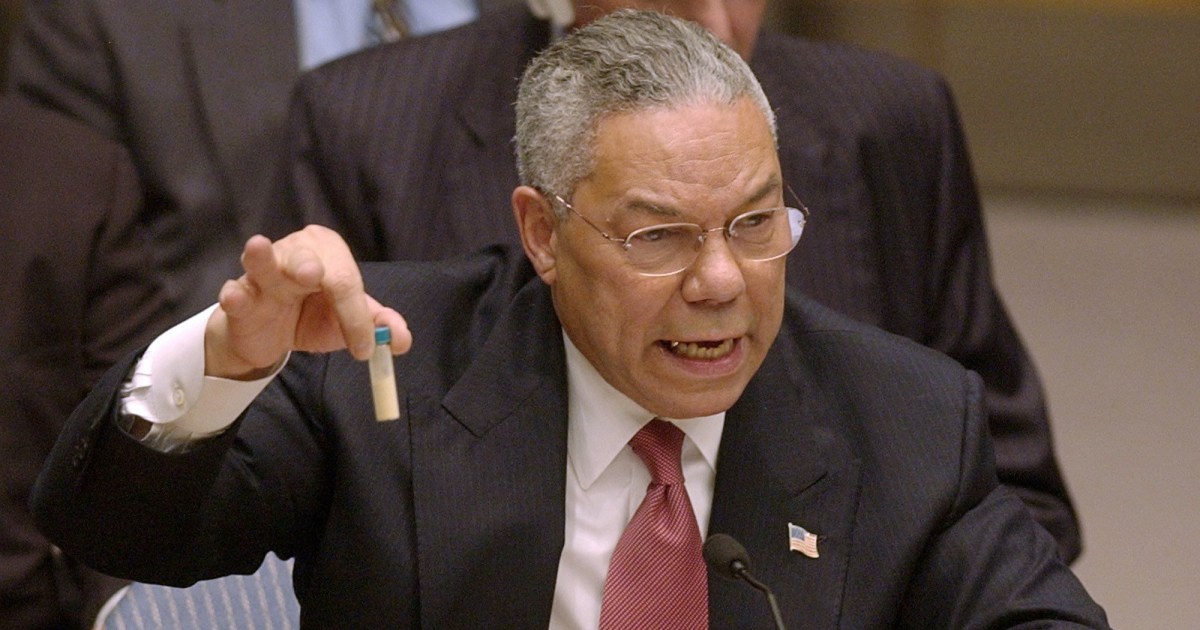
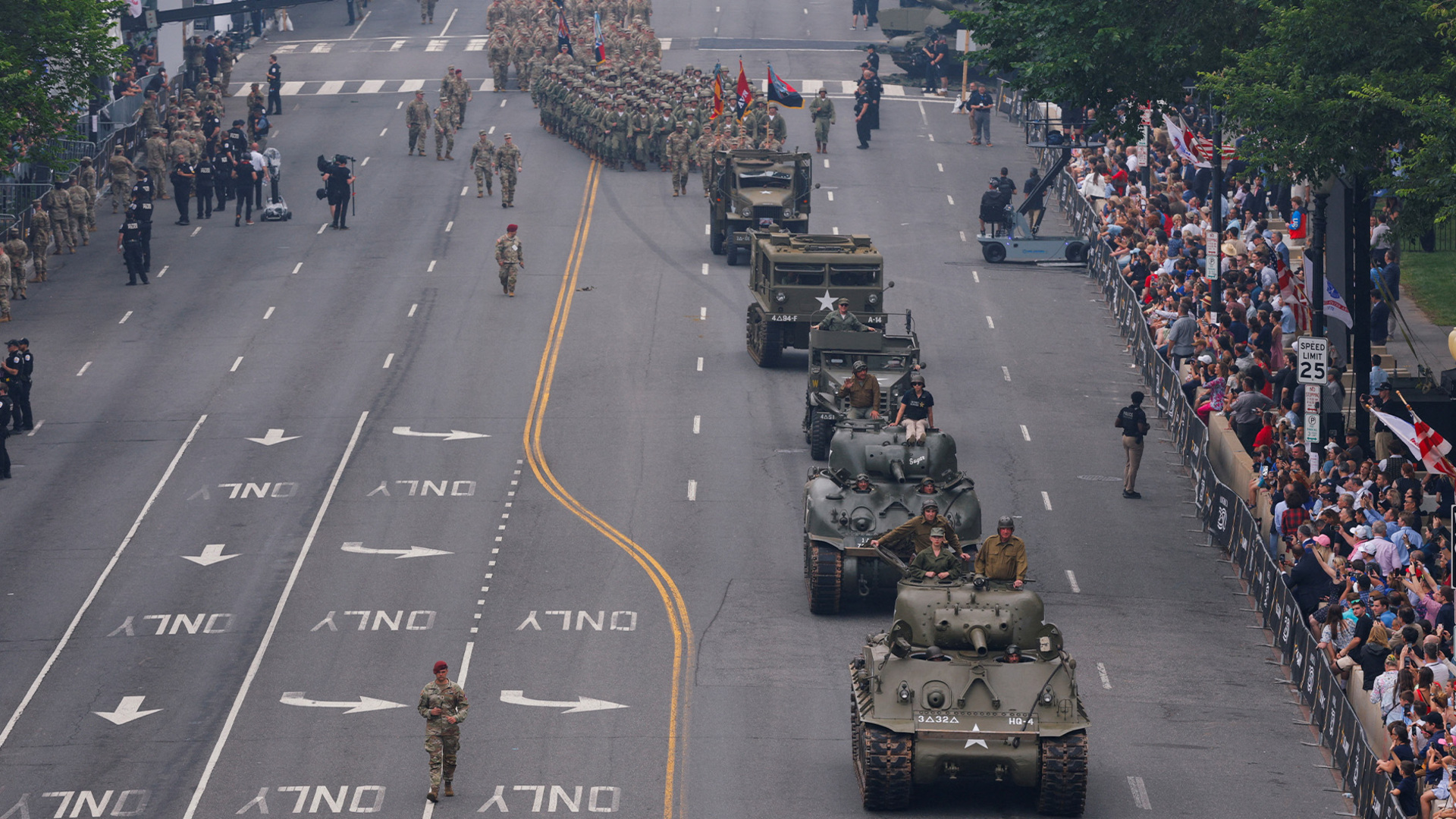
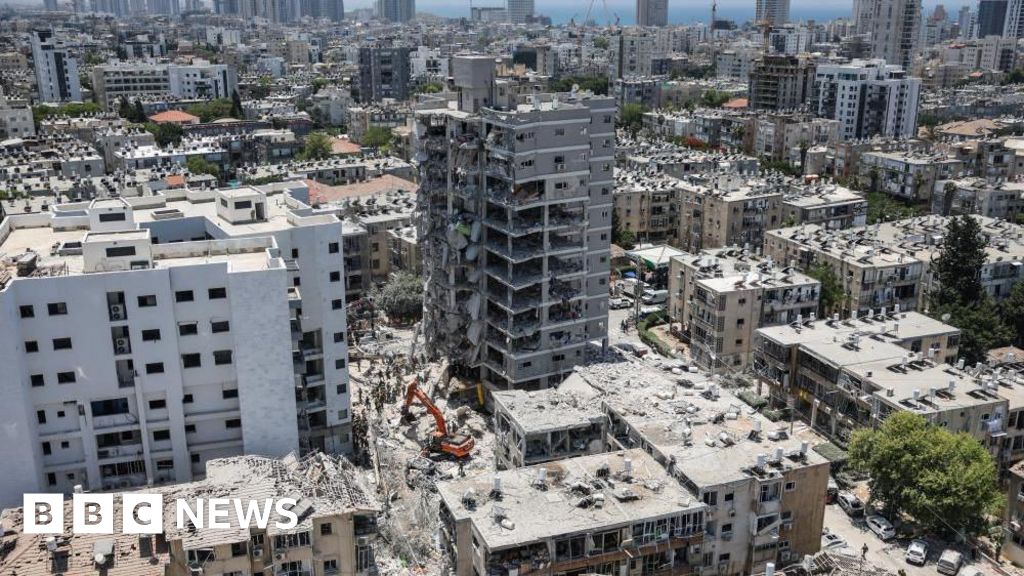

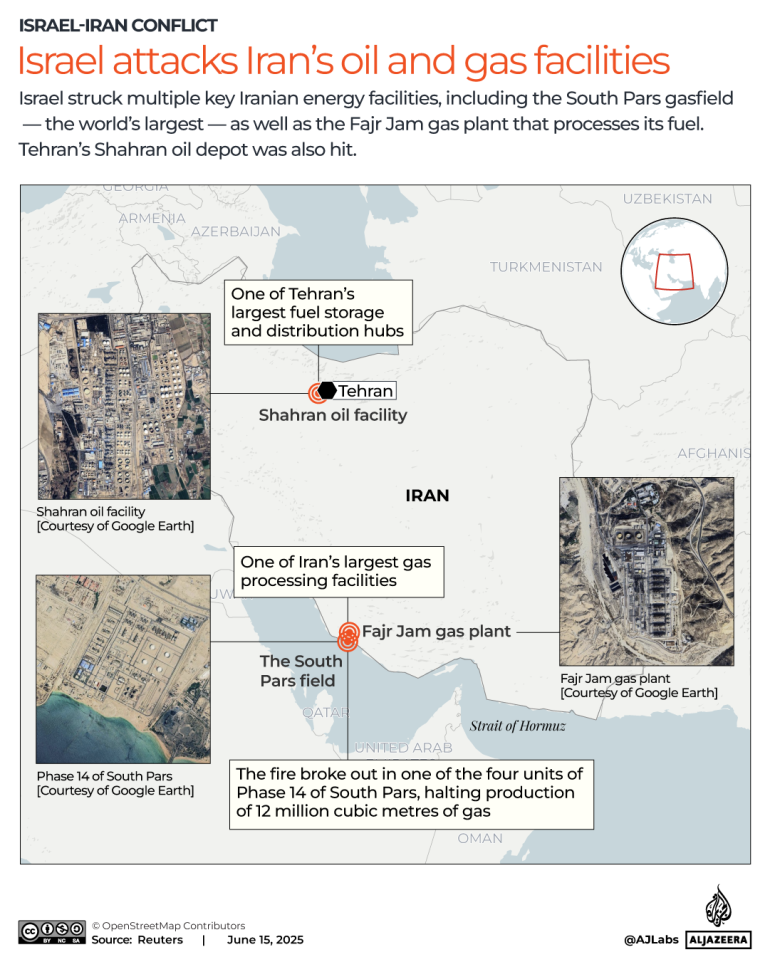



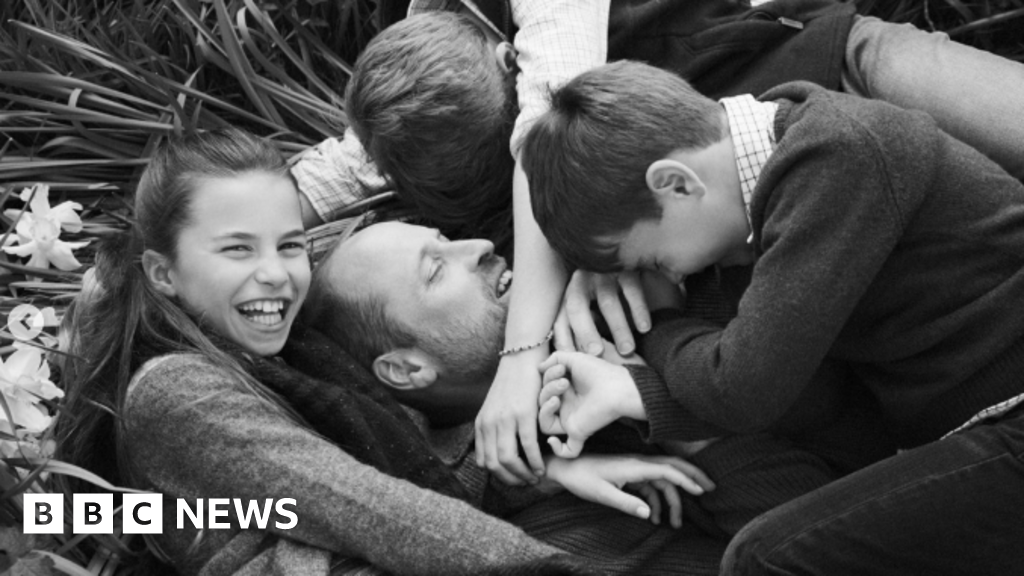
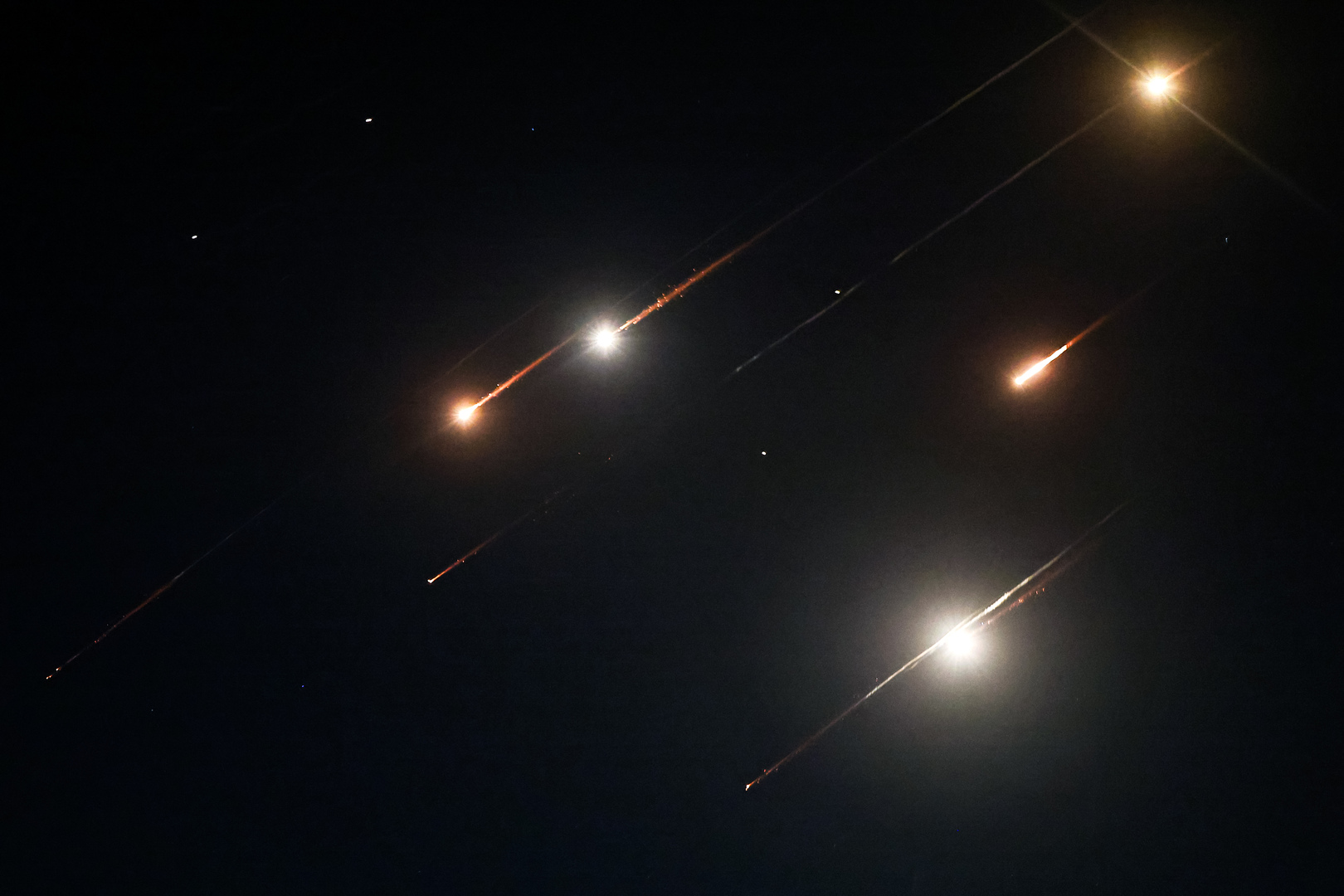



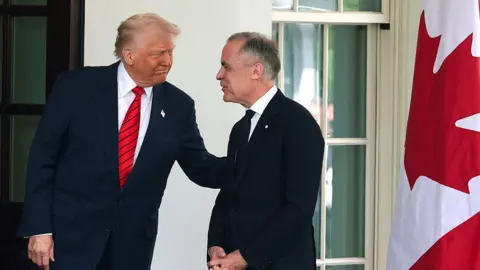

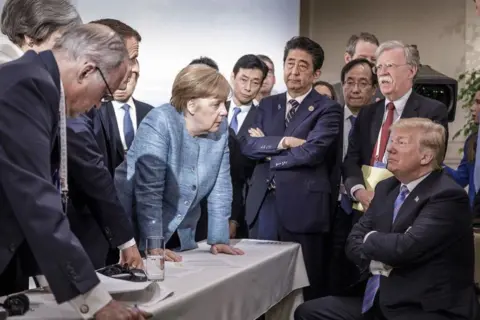
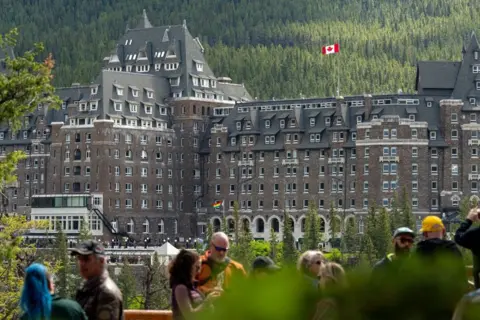
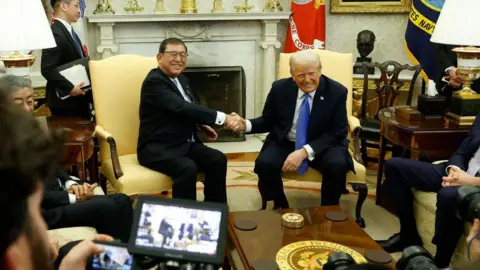
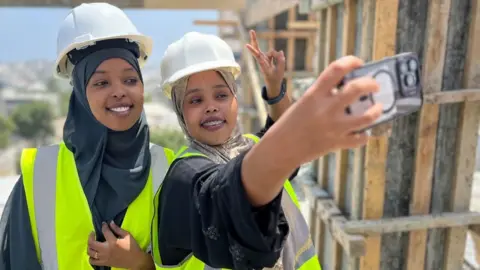
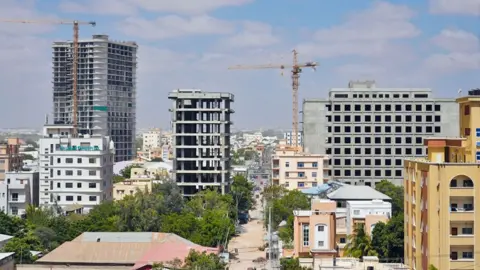
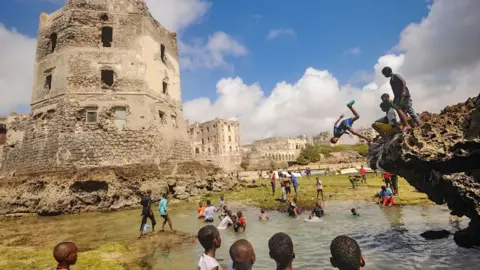
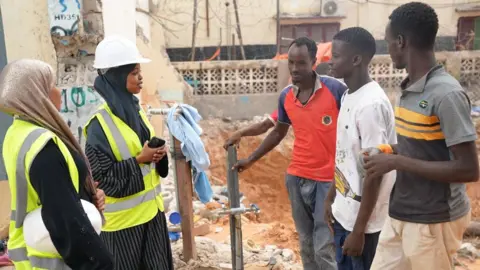
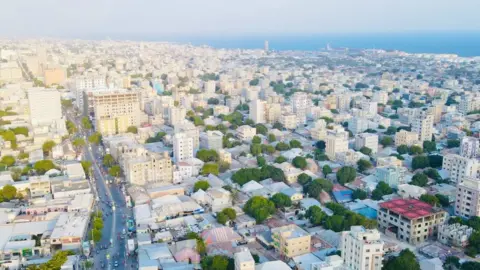

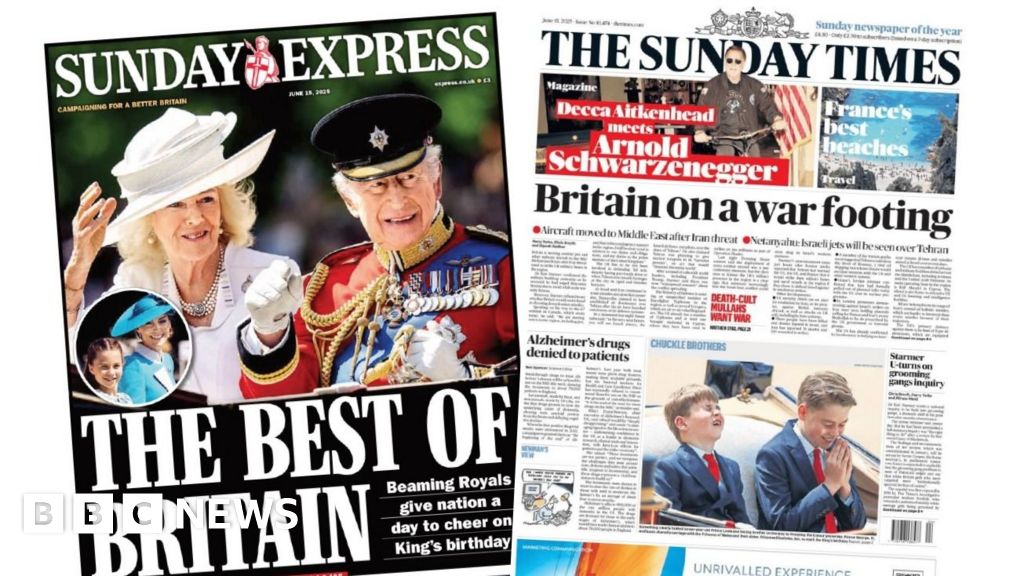



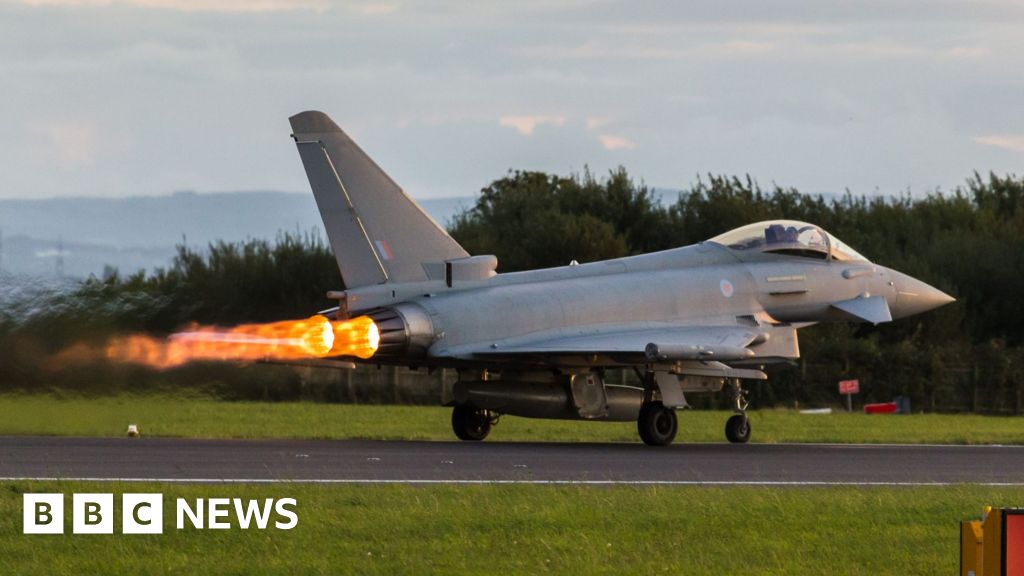
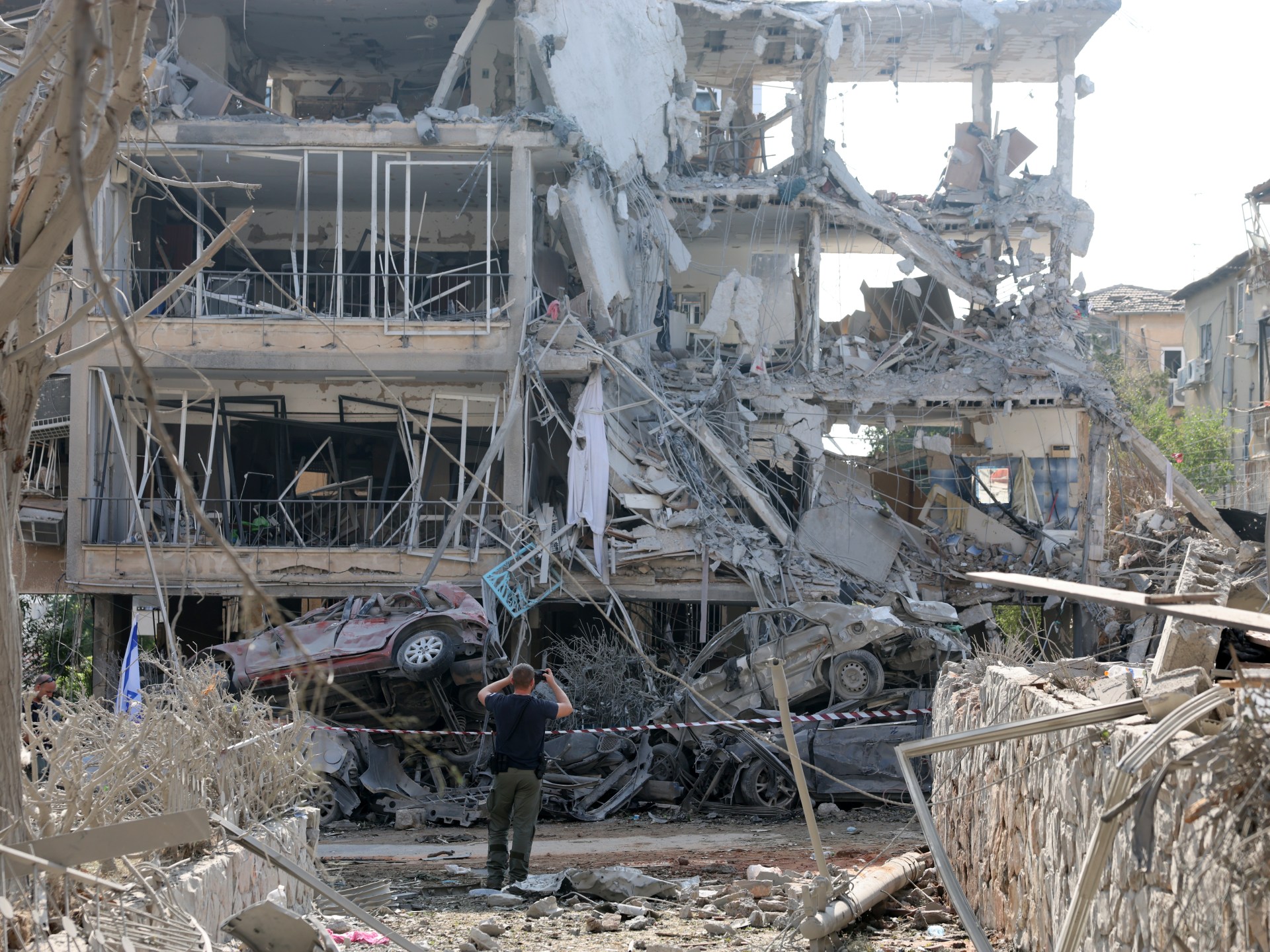
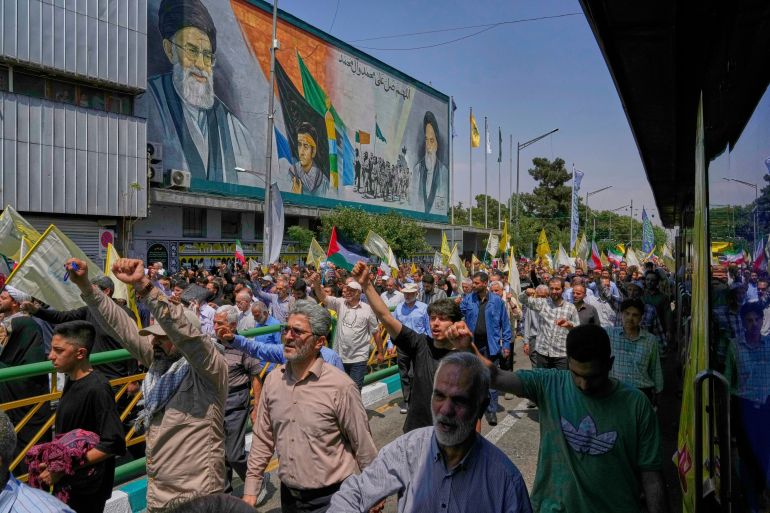


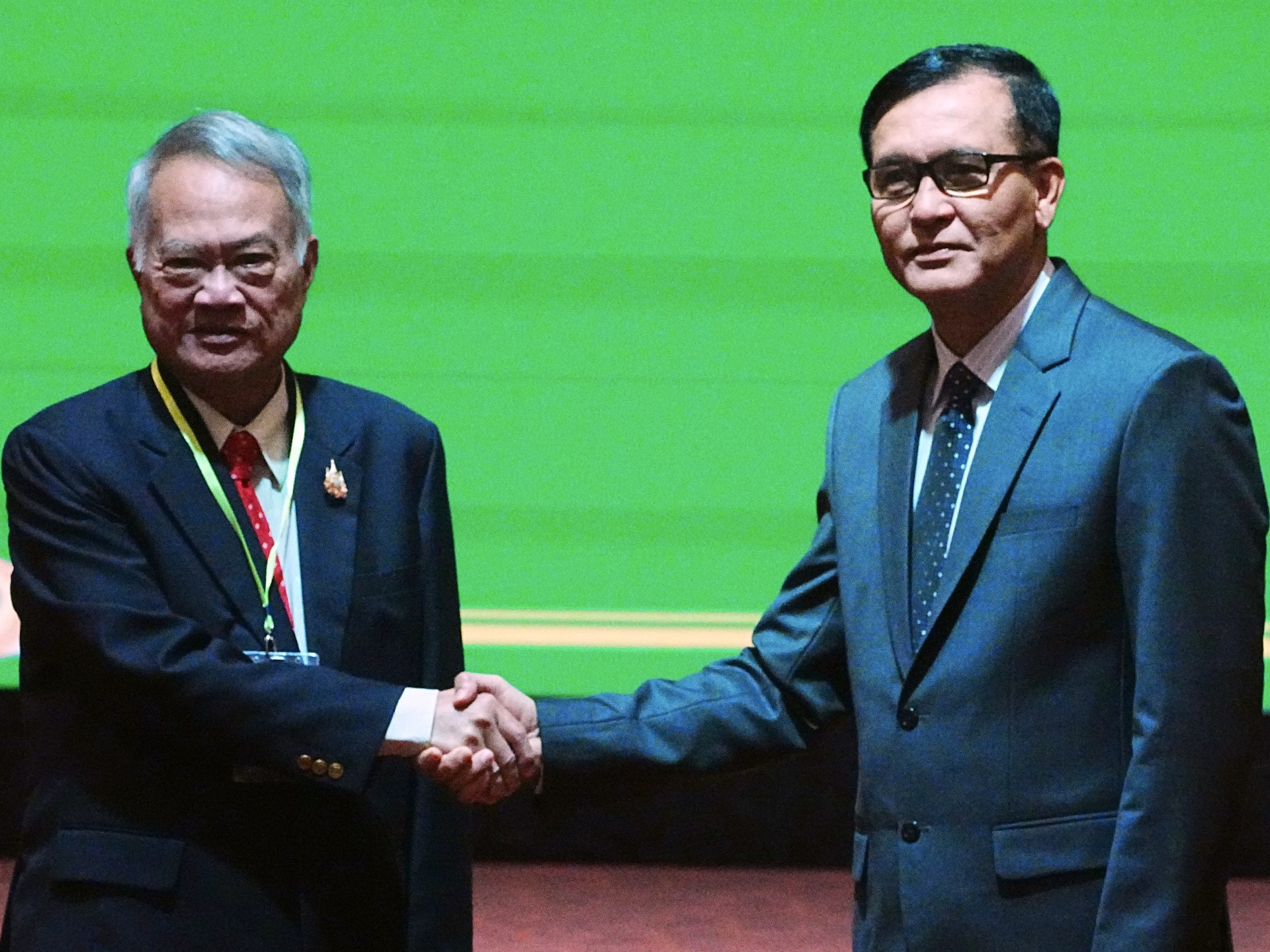




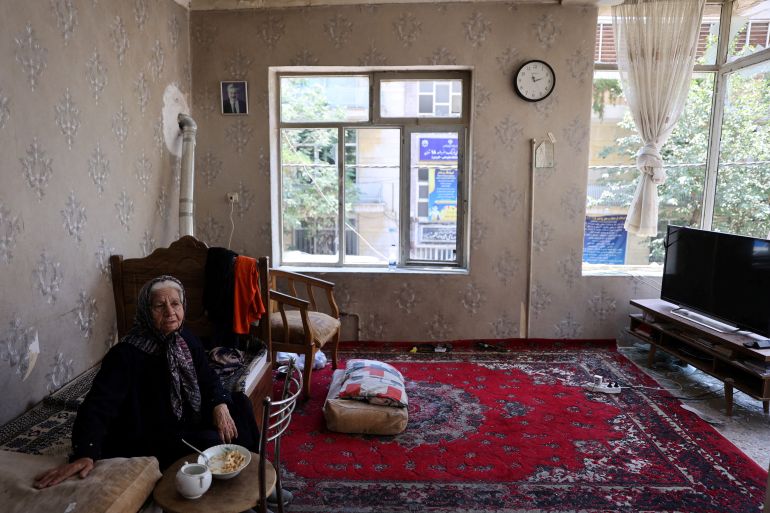


![Israeli search and rescue team conduct operation amid the rubble of destroyed building after the attacks of Iranian army following the launch of large-scale Israeli strikes against Iran in Rishon LeZion, Israel on June 14, 2025. [Mostafa Alkharouf/Anadolu Agency]](https://www.aljazeera.com/wp-content/uploads/2025/06/AA-20250614-38276354-38276353-DESTRUCTION_OF_HOUSES_IN_RISHON_LEZION_AREA_OF_ISRAEL_AFTER_IRANIAN_MISSILE_ATTACKS-1749912512.jpg?w=770&resize=770%2C513&quality=80)